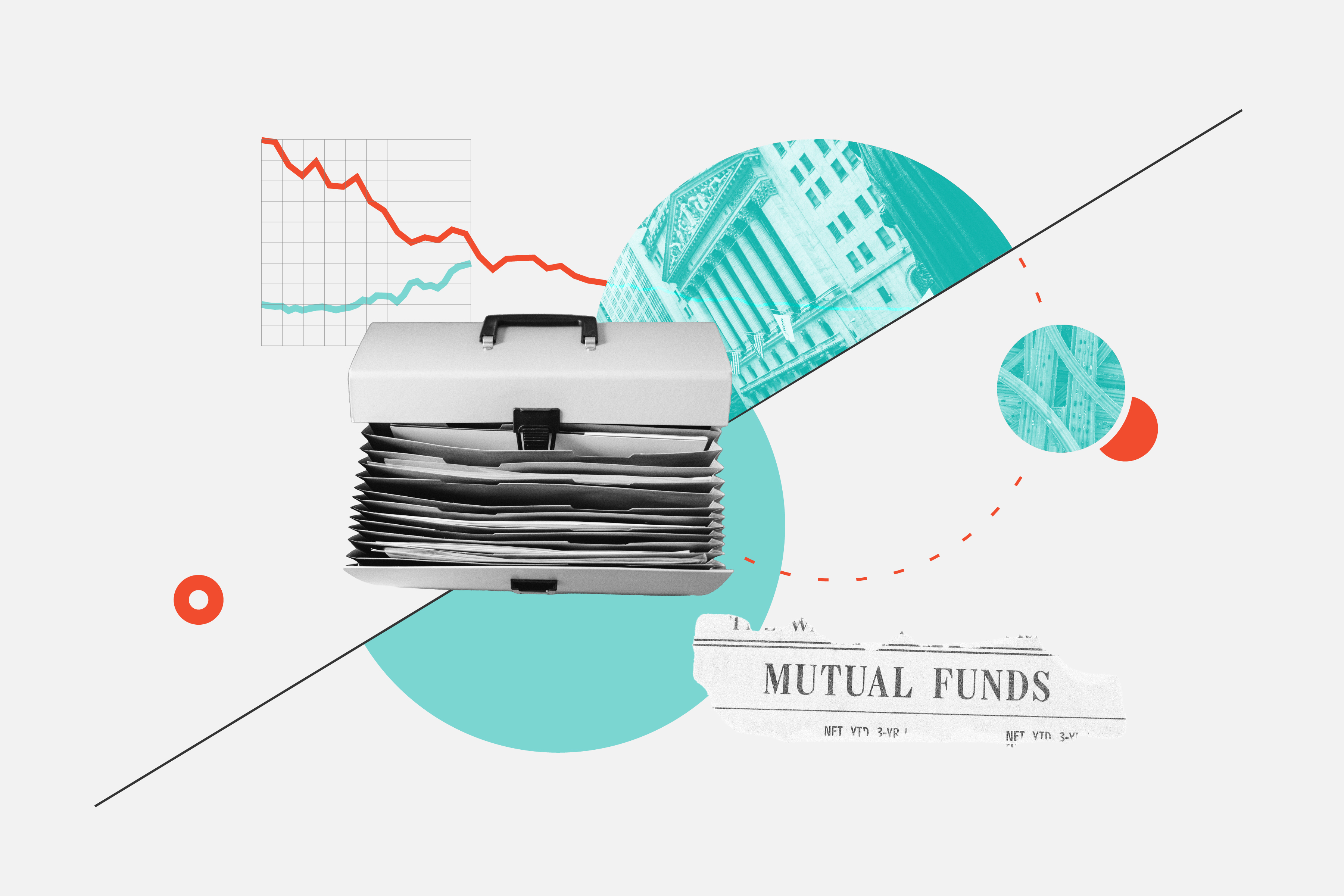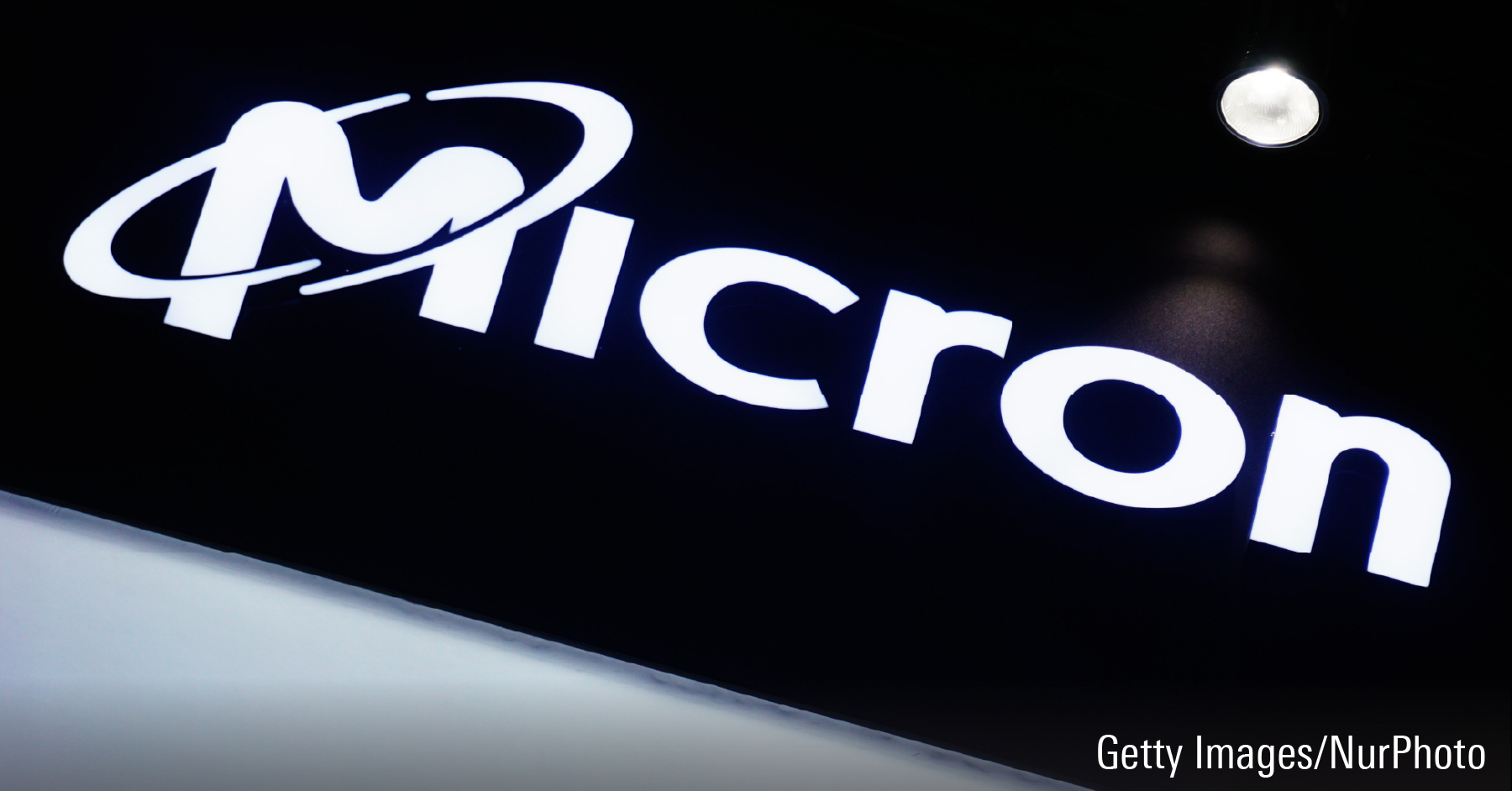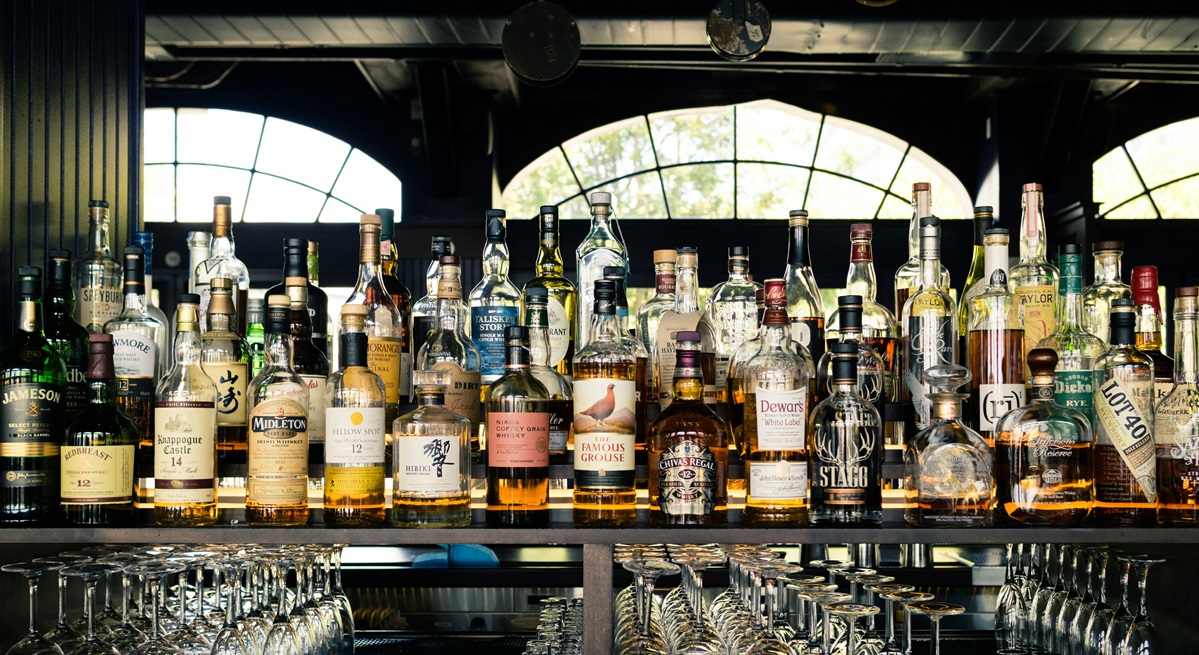Shares of Diageo, Pernod Ricard, Rémy Cointreau, and Davide Campari-Milano fell on March 13 after US President Donald Trump threatened to impose a 200% tariff on several alcohol products from the European Union. This followed the EU’s retaliation against Trump’s 25% steel and aluminum tariffs in which the EU plans to impose a tariff on US whiskey, along with other industrial and farm products. On March 6, Trump postponed a majority of the 25% tariffs on imports from Mexico and Canada for a month. The situation is dynamic, with uncertainty about the magnitude of the hit to the spirits being exported to the US.
Show me how fair value is derived (00:41)
Morningstar calculates the fair value estimate of a company based on a projection of how much cash the company will generate in the future. Morningstar analysts create custom industry and company assumptions to feed income statement, balance sheet, and capital investment assumptions into a proprietary discounted cash flow modeling template. Scenario analysis, in-depth competitive advantage analysis, and a variety of other analytical tools are used to augment the discounted cash flow process. The analyst discounts future cash flows using the weighted average of the costs of equity, debt, and preferred stock (and any other funding sources), using expected future proportionate long-term, market-value weights.
The Morningstar Fair Value Estimate is a projection/opinion and not a statement of fact. If Morningstar's base-case assumptions are true the market price will converge on Morningstar's fair value estimate over time, generally within three years. Investments in securities are subject to market and other risks. Past performance of a security may or may not be sustained in the future and is no indication of future performance.












